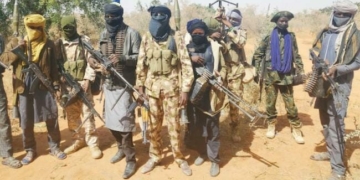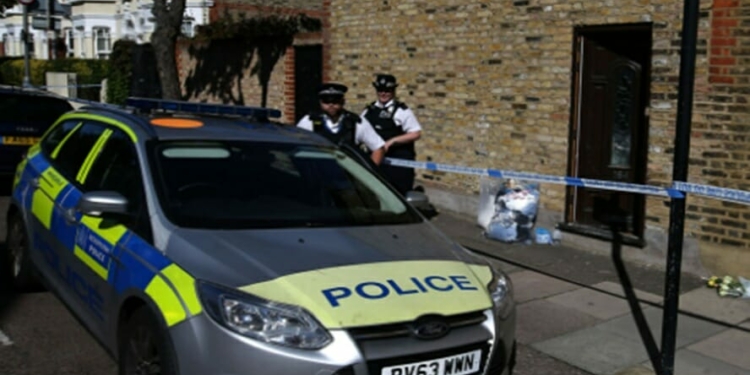UK police is appealing to the general public for new information about a suspected Nigerian young boy believed to have been killed as a “human sacrifice” in the River Thames.
Two decades ago, the boy’s headless and limbless body was found in the London part of the river clad in orange shorts on September 21, 2001, and forensics concluded he was from Nigeria.
He is thought to have been aged between four and seven.
On Tuesday, September 21, London’s Metropolitan Police asked those who may have knowledge of the case to be “bold”, suggesting they may no longer be bound by former allegiances.
“It is incredibly sad and frustrating that Adam’s murder remains unsolved,” said Detective Chief Inspector Kate Kieran.
“This young boy has not and will not be forgotten. He deserved better and we will not give up on him.”
Police have previously detained three people in the long-running case but released them all without charge.
During the initial investigation, detectives used bone samples to identify the boy as coming from Nigeria and said he died from violent trauma to the neck.
While seeking his true identity, they gave him the operational name of “Adam”.
He is thought to have been aged between four and seven. His throat had been cut and his head and limbs cut off. Police believe the boy was trafficked from Africa and killed in a ritual ceremony.
UK police had been in search of information about the boy since his body was discovered.
Police detectives flew out to consult South Africa’s occult crimes unit, and issued a worldwide appeal throughout the African country.
The police were told by the South African unit that the boy could have died from muti killings – an occasion of murder and mutilation associated with some witchcraft and traditional cultural practices in South Africa.
UK police also travelled to Nigeria, where such killings can be associated with ritual sacrifice, AFP reported on Tuesday.
British police have recorded scores of cases over the past decade of children who have faced torture and abuse as part of witchcraft rituals.
The British government launched a campaign against faith-based child abuse in 2012, saying there was a need to take a stand, working with African migrant associations.
In 2014, the United Nations said it was concerned at reports that hundreds of children had been abducted in Africa and trafficked to the UK, especially London, for religious rituals.
Kristen Sandberg, then-head of the UN Committee on the Rights of the Child lamented that “the number of convictions is extremely low.”










Discussion about this post